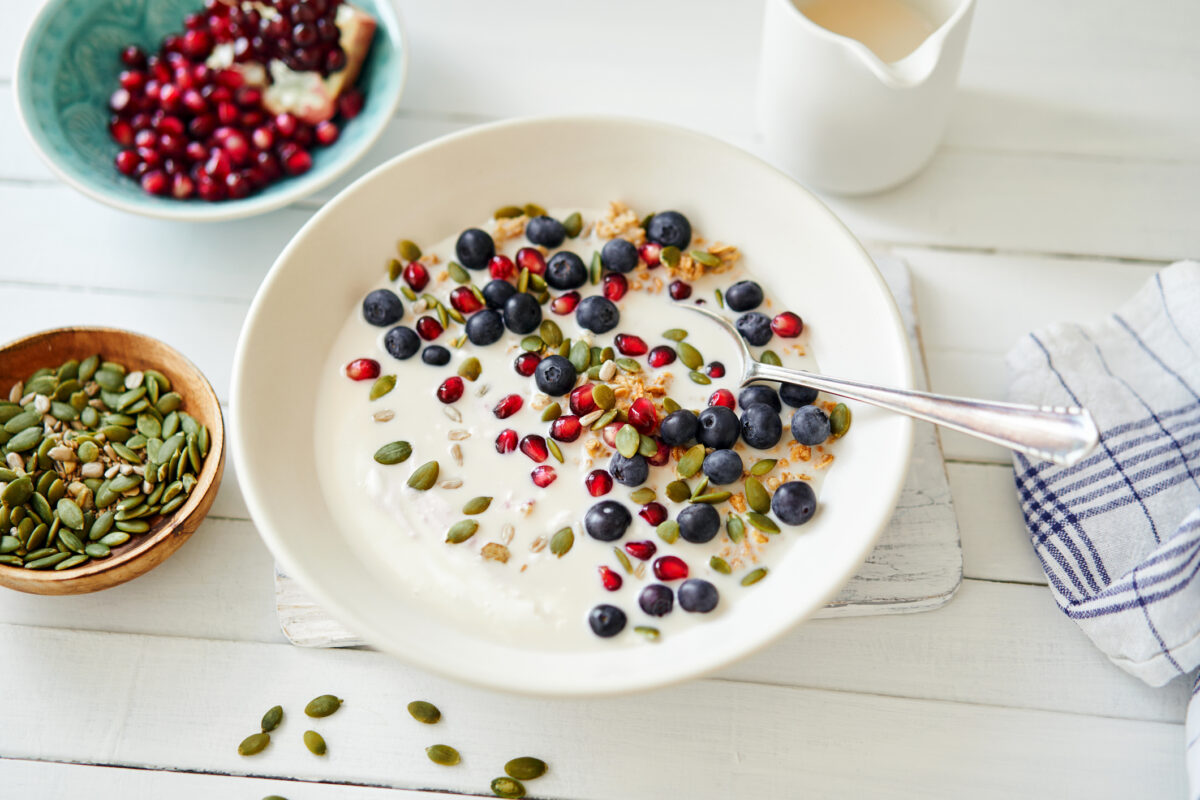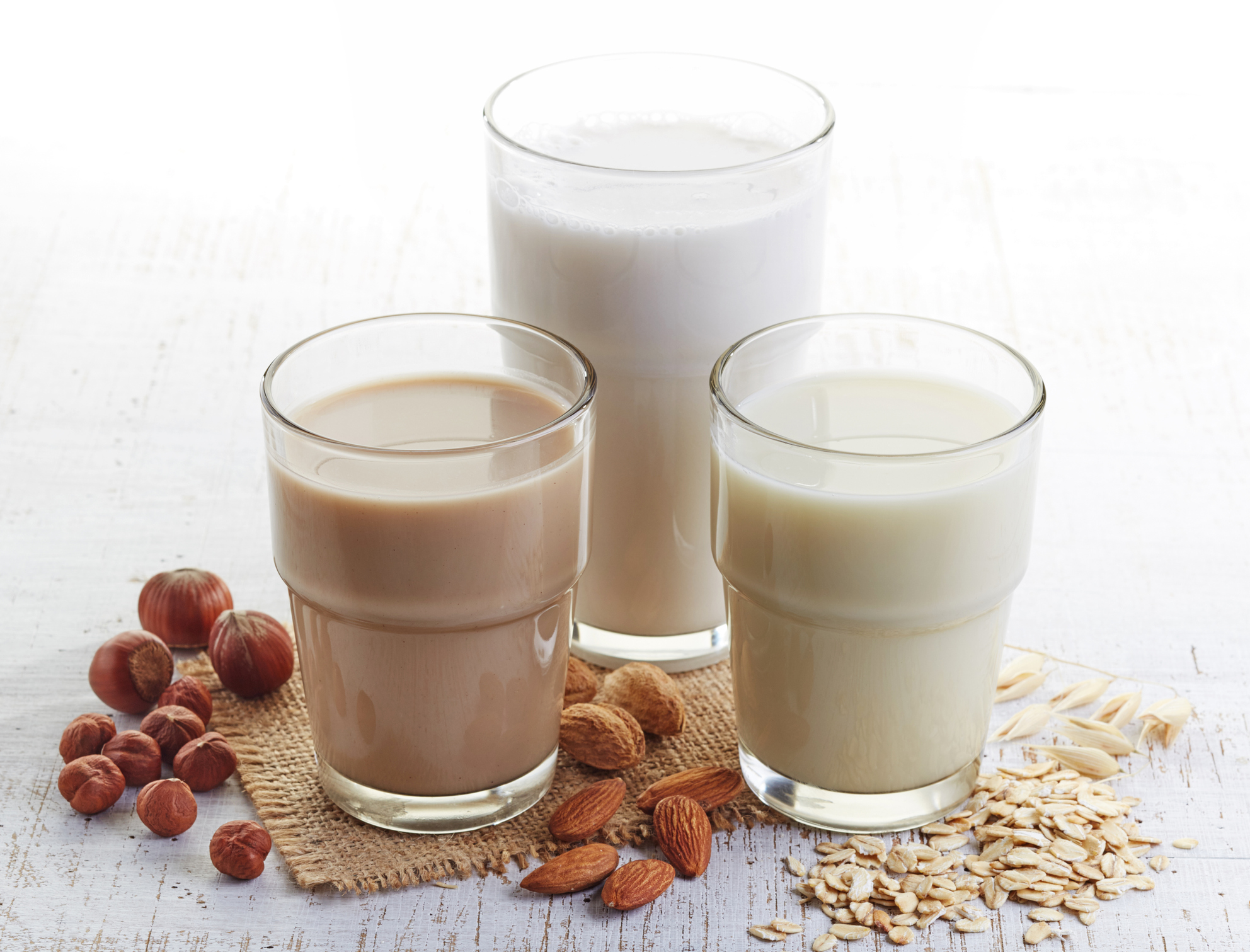Wilk to develop ‘world’s first’ yoghurt using cell-cultured milk fat

Israeli biotech company Wilk is launching a new project to create yoghurt made with cell-cultured milk fat.
The cell-cultured fat will contain the same essential macro and micronutrients that are found in real milk fats, according to the company.
Adding cell-cultured animal milk fat to the product will take Wilk approximately six months to complete, and at its first stage of development the product will be used as a proof of concept.
During this time, as well as developing the yoghurt, the company wants to increase production capacity of cell-cultured fat in its facilities, and develop fat separation methods for use in other foods.
If the project is successful, the product will be the “world’s first” yoghurt to be developed using cell-cultured milk ingredients, the company says.
Tomer Aizen, CEO of Wilk said: “It has long been established that milk fat is integral to supporting human health and nutrition, aiding the absorption of key nutrients, such as vitamins D and E and calcium, into the blood while providing a rich source of antioxidant, anti-inflammatory and anti-carcinogenic properties.
“These core properties cannot be replicated through alternative technologies, making Wilk the first company in the world to develop a dairy product containing genuine, cell-cultured milk fat.
“We will continue investing our efforts and resources to develop cell-cultured milk and breast milk components that will help our partners produce healthier products in a more sustainable manner.”
Launched in 2020, Wilk claims to be the first company globally to create not only cultured animal, but also human milk from mammary cells.
As well as making progress in cultured milk fats, the company is also working to accelerate the production of cultured human milk components which are suitable for child growth and development, so they can be incorporated into infant formula.
In an interview earlier this year, Aizen told Food Matters Live: “The dairy industry really needs our help. It is in need of an immediate solution to the traditional milking methods, thus drastically reducing air pollution and immensely decreasing water use. We are at the doorstep of a new, different era for humans and animal lives.”








